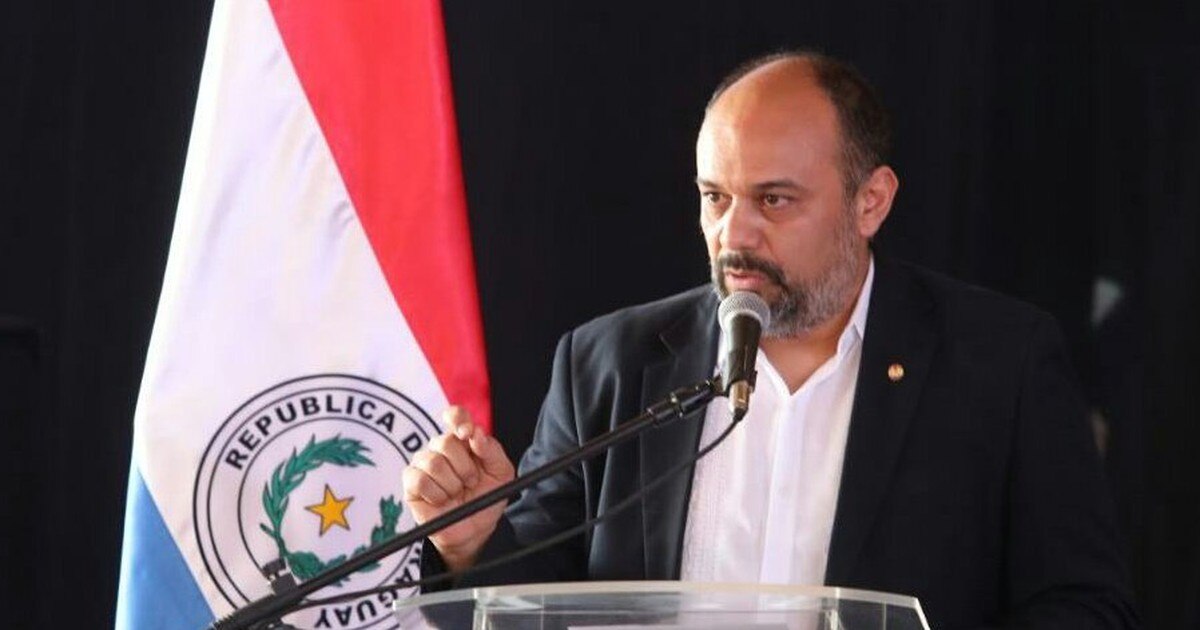Experts warn that Paraguay’s healthcare system might fall into disarray in the near future if adequate funds are not allocated.
Julio Rolón, director of the National Cancer Institute, a specialized public hospital, and former Rectory and Health Surveillance vice-minister, voiced his concerns in an interview with the Sputnik outlet.
He urged Santiago Peña’s incoming government to scrutinize the situation.
Rolón highlighted that the Ministry of Public Health’s current medicines debt is around US$250 million.

This substantial debt implies that from the US$1.15 billion budget, only US$900 million would remain, with 60% being rigid expenses.
“The root of the issue is financial, thus requiring a political will to revamp this model. There’s a need to reassess tax structures and the allocation of State resources,” Rolón stated.
In January, cancer patients in Paraguay protested against the shortage of 22 crucial chemotherapy drugs and hospital treatment drugs, as reported by La Nación.
On March 10, parents of children with cancer also voiced concerns over a shortage of 10 drugs.
On March 1, Public Health Minister Julio Borba confessed that the government needs to triple the healthcare budget to meet international standards, as reported by Ultima Hora.
According to Rolón, a pediatric gastroenterologist, the current annual health budget is approximately US$1.15 billion, far short of the required US$3 billion.
Fearing an eventual cutback in public sector services due to inadequate financial support, Rolón warned of an “explosive reaction from the population.”
He highlighted the urgent need to “solve basic problems” and honor debts, as they significantly impact the pharmaceutical industry and the nation’s economy.
Rolón also emphasized a “territorial inequity” where not all regions possess the necessary services to meet healthcare demands, thus causing access discrepancies and territorial discrimination.
He suggested that a new contributory model, similar to those adopted by Uruguay, Argentina, Brazil, or Chile, should be considered.
“Paraguay inevitably needs to change the health system,” Rolón said, expressing hope that the incoming government would transform public health.
The new government, led by Santiago Peña, will take office on August 15.
Paraguay news, English news Paraguay, Paraguayan healthcare system, Julio Rolón, director of the National Cancer Institute, Santiago Peña government

